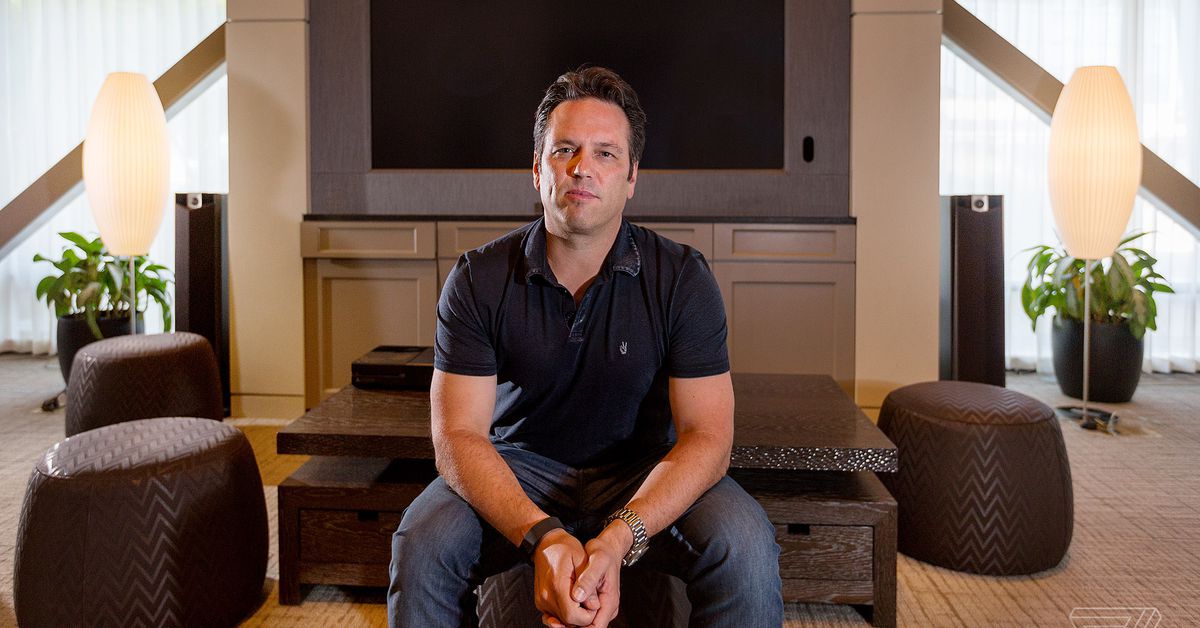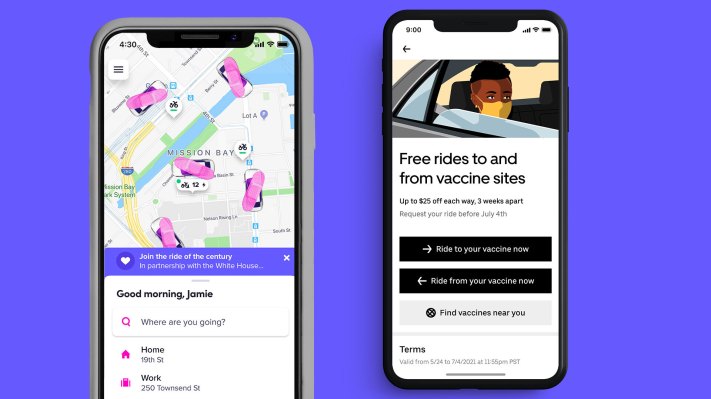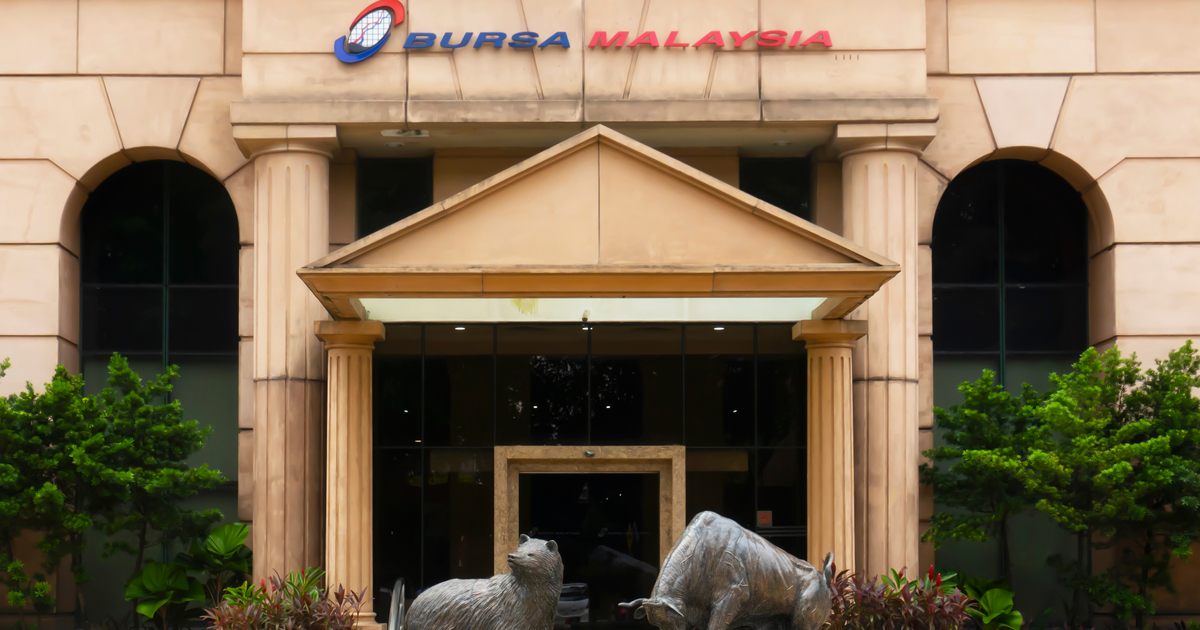HMD is making a Barbie flip phone alongside a smartphone for tinkerers
C’mon Barbie let’s go make some phone calls. | Image: HMDHMD is crossing its fingers for a second summer of Barbie. The company, which has exclusively sold phones under the Nokia brand name for the past seven years, has...
/cdn.vox-cdn.com/uploads/chorus_asset/file/25303134/Barbie_x_HMD_2.jpg)
HMD is crossing its fingers for a second summer of Barbie. The company, which has exclusively sold phones under the Nokia brand name for the past seven years, has announced plans to release a Barbie-branded flip phone this July in partnership with Mattel. It’s one of several devices HMD has on the way for this summer, which also include a new Nokia-branded retro feature phone, and an HMD-branded smartphone. Finally, the company has also announced early plans for a new development platform it’s calling “HMD Fusion.”
No pricing, specs, or features were announced for the as-yet-unnamed Barbie phone, but expect it to be a traditional feature flip phone rather than a smartphone. In an interview, HMD’s global head of insight, proposition, and product marketing Adam Ferguson confirms it’ll be an all-new device. “Barbie’s is not the kind of brand that you go, here’s an off-the-shelf solution,” he says.
Image: HMD
The collaboration is an extension of the plans first announced in September, in which the Finnish company (now styling itself as “Human Mobile Devices” rather than simply “HMD”) said it planned to move away from exclusively producing Nokia-branded products to selling devices under its own name, as well as collaborating with “exciting new partners.” Mattel is the first such partner, but Ferguson says it won’t be the last.
“Are there other partnerships other than just working with Mattel? Absolutely. Are they as massive, and triple-A as Mattel? Absolutely. Can I tell you what those are at this point? Absolutely not.”
As for the own-branded phone, the company isn’t ready to talk specifics, but we know that it’ll also be coming this summer. The announcement comes a little over a month after 91Mobiles leaked images of a smartphone that looks very similar to the company’s existing Nokia phones, albeit with an HMD logo where the Nokia one used to be.
None of this means HMD is ditching the Nokia branding entirely, and Ferguson denied that HMD is exploring other brand names because of any decline in the popularity of the Nokia name. “It’s absolutely not that we think that there’s a lessening of the power there,” Ferguson says, “It’s just that there is, from the business HMD standpoint, we have the opportunity to do more… with this multi-brand strategy.”
The company says it plans to “bring back an iconic phone this summer,” similar to its other retro revivals of devices like the Nokia 3310 and Nokia 8110.
Away from branding announcements, HMD had a couple of more product-focused initiatives to announce. The most interesting of these is HMD Fusion, a new smartphone-style device that HMD is pitching as a DIY platform for tinkerers. Like Moto Mods, but you have to make and program your own accessories.
Essentially, HMD’s aim with the Fusion is to offer the kinds of tinkering possibilities of a Raspberry Pi, but in the form factor of a smartphone complete with a built-in screen and battery. It achieves this with an array of six pogo pins on the back of the device, which are designed to allow the attachment of hardware accessories. For software it’s running Android with an unlocked bootloader, and HMD is calling the kinds of hardware you might build around the device “outfits.” Between them, HMD’s ambition is to provide a device that end users or even businesses can customize to suit their needs.
“Let’s say, for example, you’re working in the medical field and you need to be able to help test people’s blood,” Ferguson says. “You have a software service, you have an app that you need, but it needs hardware attached. It can be expensive and people won’t necessarily know how to use it. You build an outfit based on this, for the Fusion device, and it can then do the blood test, compute it, work out whether you need to book an appointment and all of that kind of stuff.” Other ideas Ferguson mentions are building a case with built-in flashing notification lights, or a streaming accessory with a built in high quality microphone and stream controls.
For now, HMD is just announcing the Fusion platform and is releasing initial designs and specs for the device to allow would-be tinkerers to start thinking about how they might like to make use of it, but Ferguson warns that these specs could change as people start feeding back about the company’s plans.
Rounding out its MWC announcements, HMD also reaffirmed that it’s plowing ahead with the repairability initiative it kicked off with the Nokia G22 at last year’s MWC, and that this initiative will also apply to its HMD-branded devices. The company’s target is for half of the phones it sells this year to be easily repairable, and it’s also specifically improving how repairable the screens of its devices are. “The fact that it we’ve done it without glue and all of that was was a great step for the time, but it needed to be better,” Ferguson says. But although he says it’s “much better” this time around, we’ll have to wait for the actual announcement of the device to find out how.

 Tfoso
Tfoso 































.jpg&h=630&w=1200&q=100&v=154b70b92d&c=1)
